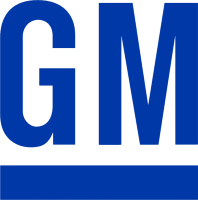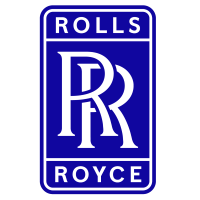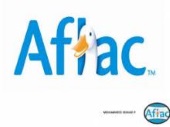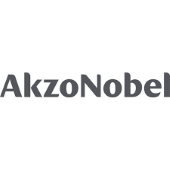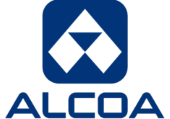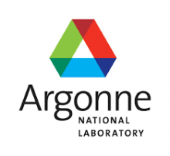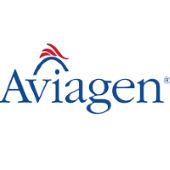|   |
|
ABSTRACT 1
Applying Lean Principles to the Project Management Institute's Project Management Body of Knowledge (PMBOK)Industry: Education/Training Keywords: PMBOK, Project Management, Lean Six Sigma Level: Basic The Project Management Institute's Project Management Body of Knowledge (PMBOK) has several knowledge areas and processes that a Project Manager and project team to perform in order to effectively plan and execute any type of project. Since Project Managers are often pressured to complete projects within certain constraints while following the PMBOK project life cycle, it is important to effectively navigate through the several knowledge areas and processes associated with PMBOK. Lean Six Sigma tools and concepts can be utilized to navigate through the several knowledge areas and processes of PMBOK. The effective integration of these tools and concepts into the PMBOK project life cycle can also help to streamline the PMBOK project life cycle but also complete projects within their constraints but also exceed expectations. The Project Management Institute's Project Management Body of Knowledge (PMBOK) has several knowledge areas and processes that a Project Manager and project team to perform in order to effectively plan and execute any type of project. Since Project Managers are often pressured to complete projects within certain constraints while following the PMBOK project life cycle, it is important to effectively navigate through the several knowledge areas and processes associated with PMBOK. Lean Six Sigma tools and concepts can be utilized to navigate through the several knowledge areas and processes of PMBOK. The effective integration of these tools and concepts into the PMBOK project life cycle can also help to streamline the PMBOK project life cycle but also complete projects within their constraints but also exceed expectations. | ABSTRACT 2 Decision Making IN LEAN SIX SIGMAIndustry: Education/Training Keywords: Basic Decision Making Education/Training Level: Basic There are several continuous improvement approaches out there today and one of the common pitfalls an organization can make is assuming that they can apply one methodology to improve all of their processes. The diverse set of continuous improvement approaches, including: Lean, Six Sigma, Lean Six Sigma, PDSA/PDCA, The Model For Improvement, and others each have their specific applications and purposes. Based on a set of criteria, a roadmap can be used to determine the appropriate continuous improvement approach that will help to ensure that the project is not only successful but that it is sustained for the long term. This paper will discuss the various continuous improvement approaches; discuss the applications and purpose of each methodology and present a criteria roadmap that can be used to help identify the appropriate methodology for any particular project. There are several continuous improvement approaches out there today and one of the common pitfalls an organization can make is assuming that they can apply one methodology to improve all of their processes. The diverse set of continuous improvement approaches, including: Lean, Six Sigma, Lean Six Sigma, PDSA/PDCA, The Model For Improvement, and others each have their specific applications and purposes. Based on a set of criteria, a roadmap can be used to determine the appropriate continuous improvement approach that will help to ensure that the project is not only successful but that it is sustained for the long term. This paper will discuss the various continuous improvement approaches; discuss the applications and purpose of each methodology and present a criteria roadmap that can be used to help identify the appropriate methodology for any particular project. |
BIOGRAPHY
Dr. Brian J. GalliAssistant Professor, Hofstra University, Melville, NY, USA Brian J. Galli is an assistant professor of Engineering. Currently, he serves as the graduate director for the Engineering Management master’s degree program. He has previously served as faculty at other academic institutions, including Long Island University, New York Institute of Technology (NYIT), American Public University (APUS), SUNY Binghamton, and SUNY Stony Brook. Prior to joining academia, Galli worked for over 12 years applying industrial engineering and project management in a wide variety of arenas, including healthcare, manufacturing, and service environments. He earned his doctoral degree in Engineering Management from Old Dominion University in 2013, a BS in Industrial Engineering from Binghamton University in 2007, as well as MS in Engineering Management from Missouri University of Science & Technology in 2009. Galli’s work has been published in a variety of different publications and serves as co-editor in chief for the International Journal of Sociotechnology & Knowledge Development, and International Journal of Project Management & Productivity Assessment. |




























